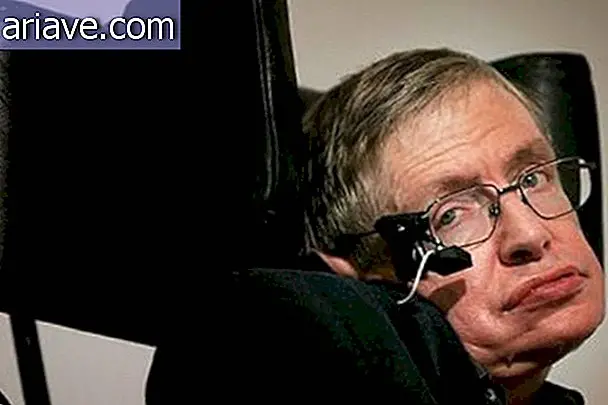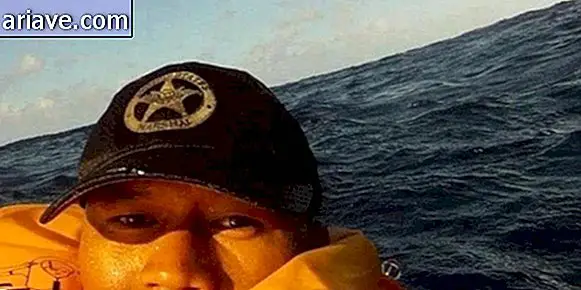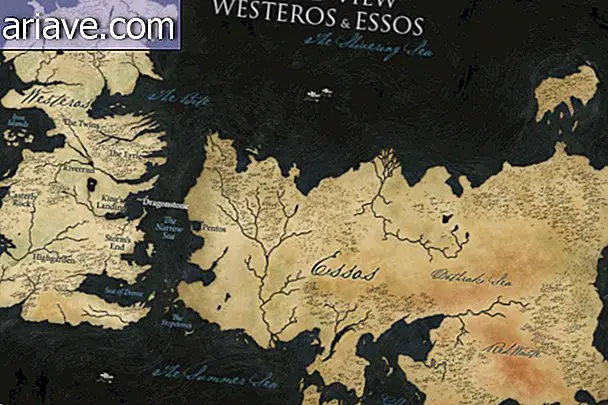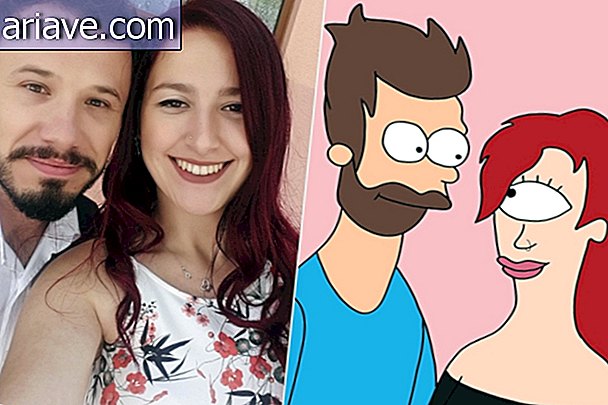Virtual room that simulates doctor's office will be presented in Brazil
Among the many new features that will be presented at the 38th Congress of the Society of Cardiology of the State of São Paulo (Socesp), which takes place from June 15 to 17, at the Transamérica Expo Center, located in São Paulo, is the simulation of clinical practice in the environment. virtual.
The national technology known as Active Virtual Patient (AVP) is the first virtual reality clinical case discussion tool in Latin America. Developed by national doctors and programmers, AVP allows for a fully interactive simulation of in-office care and the insertion of various real clinical conditions into the same training and learning context.
Pioneering
The Socesp Congress will pioneer the use of this multimedia interaction and digital simulation platform. The service environment is complete with reception, doctor's office and physical examination room, where the attending physician can conduct patient care training as if it were in his or her real work environment. All laboratory and imaging tests can be entered, which makes the experience even more complete.
According to cardiologist Rodrigo Marques Gonçalves, responsible for presenting the technology in Brazil, the differential is the speed and ease of learning, directing the discussion to a more realistic situation. “The retention of theoretical and practical knowledge through innovative training and teaching tools that use simulation is far superior to existing traditional models, ” he explains.
National technology
In addition to the Active Virtual Patient, the 2017 Socesp Congress will feature augmented reality technologies and 3D printing to assist physicians and students in diagnosing, analyzing and performing surgical procedures for cardiovascular disease.
Start-up BioArchitects, which develops biomodels, ie replicas of organs, bones and other anatomical structures made from imaging, such as a tomography, will demonstrate 3D human heart biomodels in locus, plus a device of augmented reality accessed through a smartphone or a tablet, which faithfully simulates the heart, helping the doctor to diagnose possible pathologies.

Also, the startup will present a virtual reality glasses, which allows the doctor to accurately visualize the internal cavities of the heart. According to surgeon Luiz Antonio Rivetti, a professor at the Santa Casa School of Medical Sciences, who has already tested the effectiveness of 3D printed heart replicas in four left ventricular aneurysm surgeries, “in addition to reducing the learning curve, biomodels decrease surgery time, allowing the surgeon to plan the process, assisting him in safety and effectiveness in performing the procedures. ”
As explained by Ibraim Masciarelli Pinto, cardiologist and president of the Society of Cardiology of the State of São Paulo (Socesp), the innovations that will be presented during the congress, besides representing new learning models, in line with the times we live, stimulate the industry and the development of national technologies.
“We want to teach people, and these interactive tools will surely mean more effective and lasting learning. At the same time, we incorporate these models because we recognize the country's existing talents that are capable of creating solutions that address our needs. It is not an adaptation of international models, but rather tools that were developed knowing how Brazilians think and act. Socesp expands its actions towards social responsibility, as we are proposing a new model of interaction between doctors who identify the needs of professional development, creative minds that develop new options and people with entrepreneurial spirit that will generate jobs, contributing to the country's progress. "
Technologies will be presented at specific sessions during the event, and attendees will be able to view and test them during actual clinical case presentations. With the central theme “Reducing Mortality from Cardiovascular Diseases”, Socesp's Congress will also feature other innovations, scientific studies and some successful initiatives promoted in past editions.
* Via advisory











